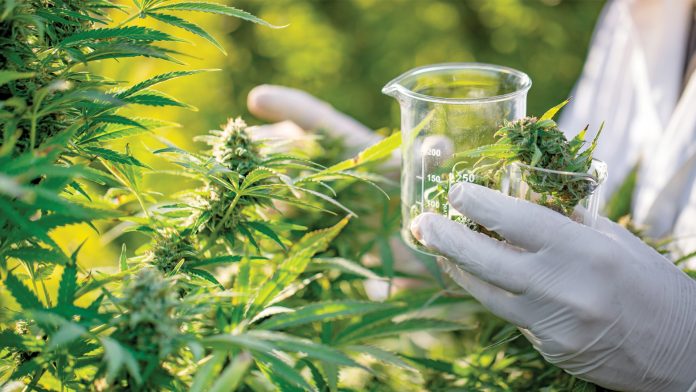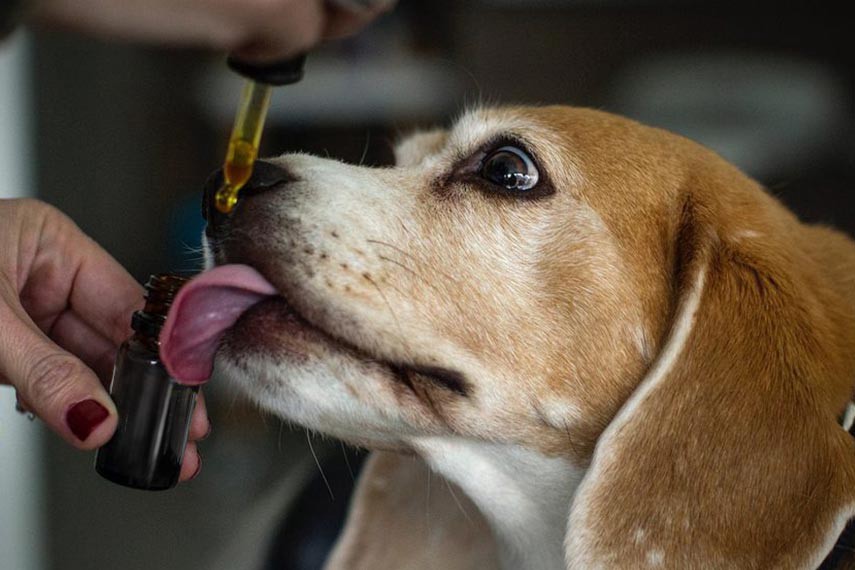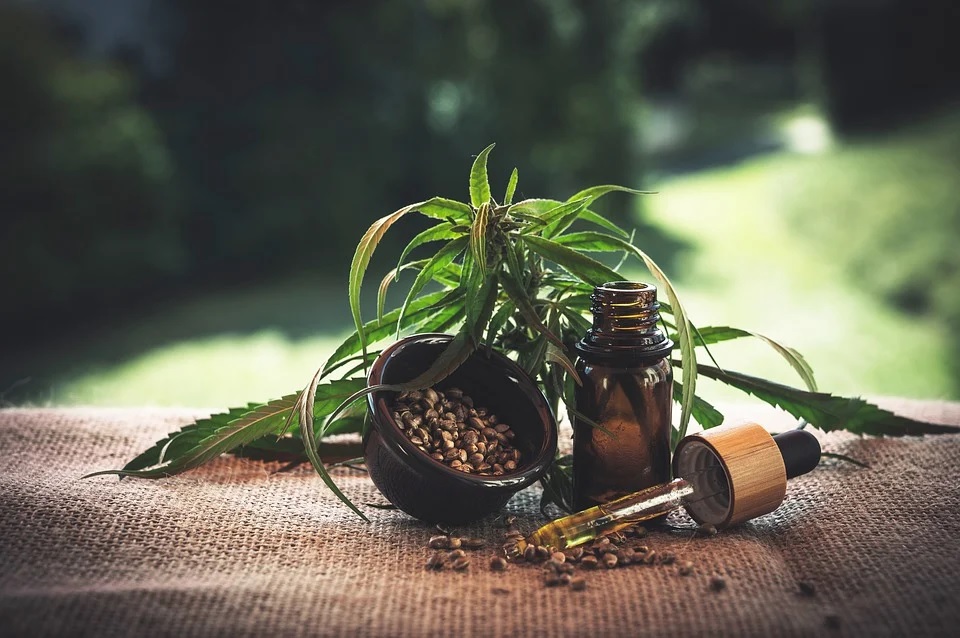With the current wave of marijuana legalization, an increasing number of Americans are smoking legally and experimenting with cannabis-infused goods ranging from confectionery to cosmetics. However, there is one sort of cannabis product that has gotten a lot of attention – yet it won’t get you high.
CBD products have grown in popularity in recent years, as more companies promote CBD as the new “it” medication for the health and wellness crowd — one that has been marketed as a pain reliever and a cure for anxiety, among other things. Consumer sales of CBD products in the United States reached $350 million last year, more than double the amount sold in 2014, and projections suggest the industry may reach $2 billion in the next two to four years.
What exactly is CBD?
Cannabidiol is one of numerous cannabinoids, or chemical compounds, found in cannabis and hemp plants. The word “CBD” is a nickname for cannabidiol, which is one of several cannabinoids, or chemical compounds, found in cannabis and hemp plants. THC, or tetrahydrocannabinol, is the most well-known cannabinoid, as it is the psychoactive component of marijuana (aka, the part that gets you high). Because CBD is not psychoactive, it does not provide the same euphoric effects as marijuana does when consume.
Consider CBD to be THC’s strait-laced relative. However, just because CBD won’t get you high doesn’t mean it’s without possible negative effects or applications.
What exactly does it do?
The judgment is still out on the potential advantages and medicinal uses of cannabidiol because of the broader legal uncertainty surrounding the cannabis plant (marijuana is federally prohibited, but dozens of states have legalized it for medical and/or recreational purposes in recent years).
Nonetheless, CBD is already widely used to treat some anxiety symptoms, such as sleeplessness, and some studies have shown that it is beneficial in these situations. CBD has been proven in other studies to have anti-inflammatory effects, and many CBD products are promoted for chronic pain relief, such as arthritis. CBD has also been proven to be a successful therapy for seizures in many trials, and individuals with epilepsy utilize a variety of CBD medications. However, major health organizations such as the US Food and Drug Administration, the National Institutes of Health, and the World Health Organization have all recently declared that further CBD testing and study is required.
What are your plans for it?
CBD is generally marketed in the form of concentrated oil or cream after it is extracted from cannabis and hemp plants.
The oil is combined or infused with a variety of different items for fashionable wellness products, including tablets, vaporizers, beauty creams, shampoos, and consumables like candies, mints, and flavored sparkling water. CBD-infused pet snacks are also available, which are marketed to owners of anxious dogs and cats.
And, because to publications like Food & Wine and Gwyneth Paltrow’s burgeoning health and wellness business, Goop, there’s a growing community of CBD cocktail aficionados.
CNBC Make It recently featured Adriaen Block, a New York City bar where customers can order CBD-infused drinks and culinary items like a cheeseburger with CBD-infused sauce. (This writer tried some of the restaurant’s CBD-infused menu dishes, which were excellent — the CBD oil didn’t overwhelm — and left me feeling a little relaxed, though the alcohol may have played a part.)
Meanwhile, California authorities have lately pushed down on eateries and cafés that provide CBD-infused coffee, juice, and other items.
CBD oils may be taken orally, frequently with a dropper that deposits a drop or two in your mouth, and lotions and balms that promise to relieve pain can be applied directly on the skin.
Is it safe to buy and use CBD?
Again, the more studies and medical research that focus on CBD, the more we will learn about its possible medicinal advantages and negative effects. For the record, the World Health Organization stated in a report in December 2017 that “cannabidiol does not appear to have misuse potential or cause damage.” CBD may offer “therapeutic benefit” for epileptic seizures, according to the WHO, but further research is needed to evaluate CBD’s potential medicinal utility.
It’s also worth mentioning that the FDA has issued warnings to businesses for illegally promoting CBD products with exaggerated and unrealistic claims, such as claiming they can treat cancer.
Is CBD legal?
That’s a bit of a murky area, just as with other cannabis products. The Drug Enforcement Agency stated in September that any CBD products produced from cannabis plants are entirely unlawful unless they are authorized by the FDA. The DEA recently informed VICE that federal law does not distinguish between CBD obtained from cannabis and CBD derived from hemp (a cannabis plant species with an especially low concentration of THC grown legally in roughly 40 states, mostly for industrial purposes). In other words, the official position of the federal government appears to be that CBD products, whether derived from cannabis or hemp, are unlawful.
However, as has been the case with legal marijuana in the past, the federal government largely looks the other way as individual states determine how to approach CBD. As a result, CBD products are legal in most states in some manner, generally for medicinal reasons. CBD products are protected in the 30 states that have legalized medical marijuana, and a number of other states have CBD regulations that allow for such products in some form as long as they include no more than a trace quantity of THC. Idaho, South Dakota, Nebraska, and Kansas are the only states that consider all cannabis-derived products, including CBD, to be unlawful.
CBD produced purely from hemp, on the other hand, may soon be legal in all 50 states. Mitch McConnell, the Senate Majority Leader, is endorsing a bill that would remove hemp off the DEA’s list of prohibited drugs, making it lawful across the country along with products made from hemp.





